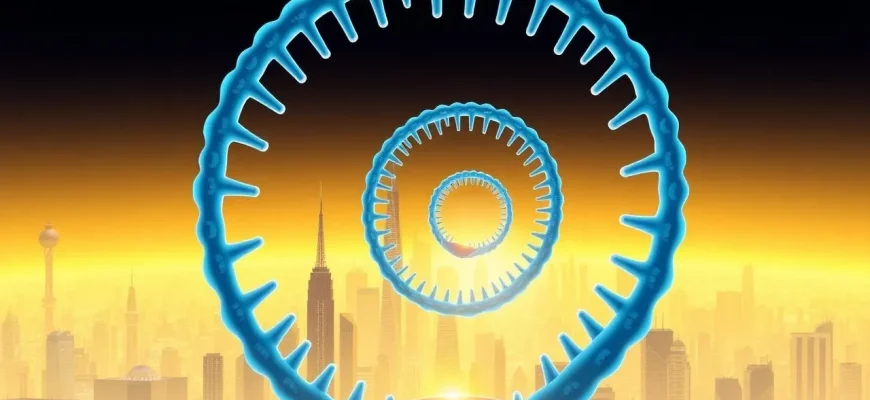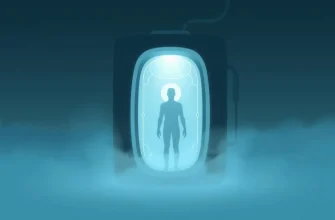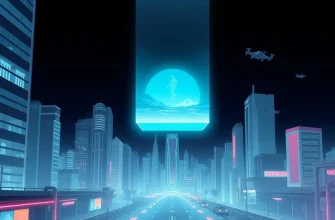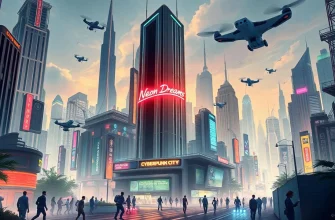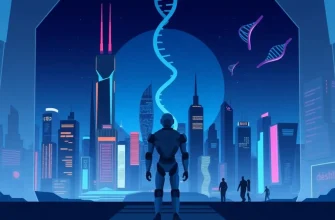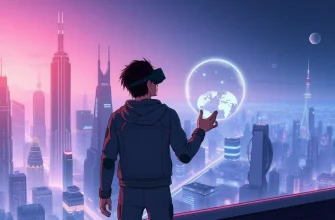Dive into the fascinating world where science fiction meets the science of genetics. This curated list of films explores the ethical, social, and existential questions that arise when we tamper with the very essence of life - our genetic code. From dystopian futures to thrilling adventures, these movies offer a speculative look at what could happen when we unlock the secrets of DNA. Whether you're a fan of hard science fiction or enjoy a more philosophical approach, these films are sure to spark your imagination and perhaps even make you ponder the implications of genetic manipulation in our own world.
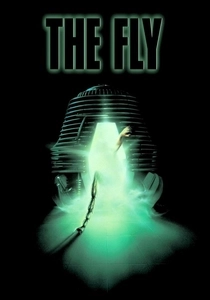
The Fly (1986)
Description: Seth Brundle, a scientist, invents a teleportation device but accidentally merges his DNA with that of a fly, leading to horrifying physical and psychological transformations. This film is a classic exploration of genetic splicing gone wrong.
Fact: The film's special effects, particularly the transformation scenes, were groundbreaking for their time and earned Chris Walas an Academy Award for Best Makeup.
 Watch Now
Watch Now 
Jurassic Park (1993)
Description: Scientists resurrect dinosaurs using preserved DNA, but their creation escapes control, leading to chaos on an island. This film explores the ethical implications of genetic resurrection and the hubris of playing God.
Fact: The film was one of the first to use extensive CGI to bring dinosaurs to life, revolutionizing special effects in cinema.
 Watch Now
Watch Now 
Gattaca (1997)
Description: In a future where genetic engineering determines one's social status, Vincent Freeman, a "natural" born, aspires to travel to space, using the identity of a genetically superior man. This film delves into themes of genetic discrimination and the human spirit's resilience.
Fact: The film's title is based on the letters representing the four nucleobases of DNA: Guanine, Adenine, Thymine, and Cytosine. The film was shot in a documentary style to give it a realistic feel.
 Watch Now
Watch Now 
The 6th Day (2000)
Description: Adam Gibson discovers he's been illegally cloned, leading him into a world where human cloning is a reality, and he must fight to reclaim his identity. This film delves into the ethics of cloning and identity theft.
Fact: Arnold Schwarzenegger plays dual roles in this film, showcasing his versatility as an actor.
 Watch Now
Watch Now 
Code 46 (2003)
Description: In a dystopian future, genetic engineering has led to strict laws about reproduction to prevent genetic defects. A love story unfolds between two individuals who break these laws, exploring themes of genetic determinism and societal control.
Fact: The film was shot in various locations around the world to give it a unique, global feel.
 Watch Now
Watch Now 
The Island (2005)
Description: Lincoln Six Echo and Jordan Two Delta live in a seemingly utopian facility, but their lives are a lie; they are clones created to provide spare parts for their human counterparts. This film explores the ethics of cloning and the value of human life.
Fact: The film's concept was inspired by the 1979 film "Parts: The Clonus Horror." Michael Bay's version significantly expanded on the original idea.
 Watch Now
Watch Now 
The Gene Generation (2007)
Description: In a future where DNA can be hacked, a DNA hacker named Michelle must save her brother from a deadly virus, navigating a world where genetic manipulation is both a weapon and a commodity.
Fact: The film was one of the first to explore the concept of DNA hacking, a theme that has since become more relevant with advancements in gene editing technologies like CRISPR.
 Watch Now
Watch Now 
Splice (2009)
Description: Two genetic engineers, Clive and Elsa, splice animal DNA to create a new organism, but their creation, Dren, evolves in unexpected and dangerous ways, raising ethical questions about genetic manipulation.
Fact: The film was inspired by real-life genetic engineering and the ethical dilemmas it poses. The creature Dren was created using a combination of CGI and practical effects.
 Watch Now
Watch Now 
Never Let Me Go (2010)
Description: In an alternate reality, human clones are raised to donate their organs, exploring themes of love, identity, and the morality of using clones for spare parts.
Fact: The film is based on Kazuo Ishiguro's novel of the same name, which won the Nobel Prize in Literature in
 Watch Now
Watch Now 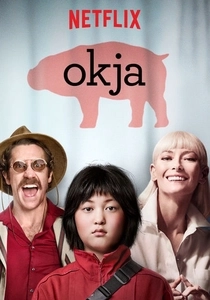
Okja (2017)
Description: A young girl named Mija embarks on a quest to save her genetically modified super-pig, Okja, from a multinational corporation that wants to exploit it for profit. This film tackles themes of genetic modification, corporate greed, and the bond between humans and animals.
Fact: The film was produced by Netflix and premiered at the Cannes Film Festival, sparking controversy for its distribution method.
 30 Days Free
30 Days Free 
